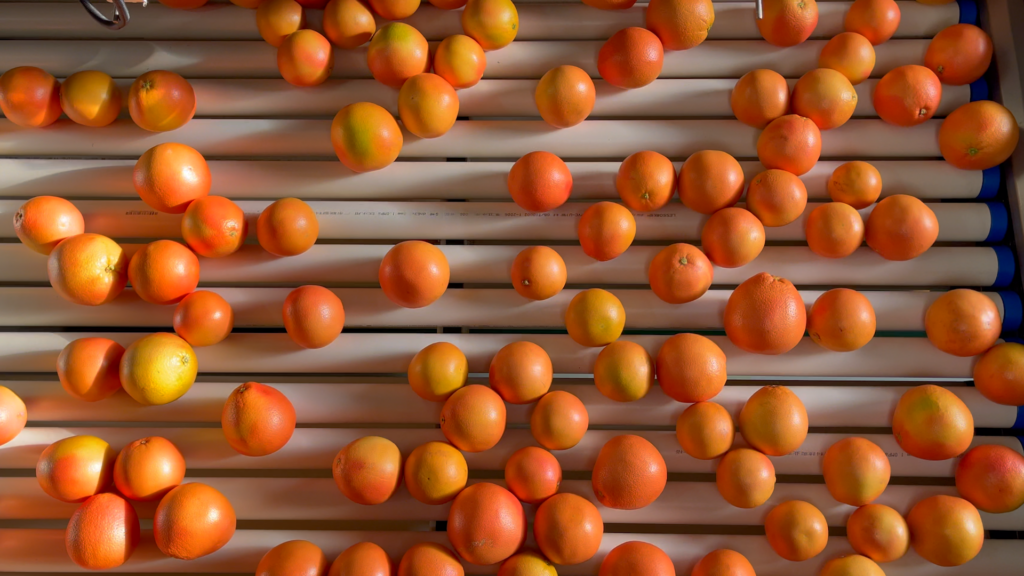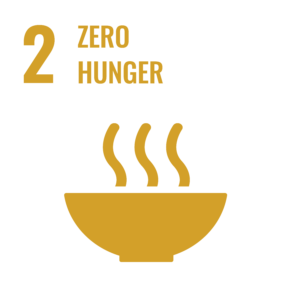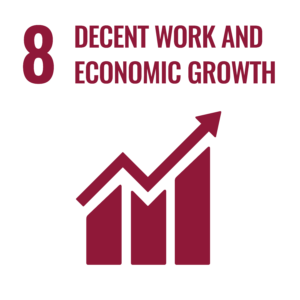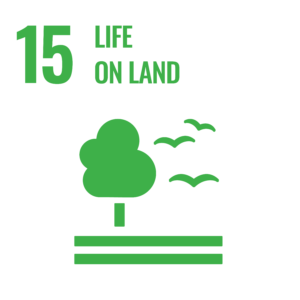Celebrating 65 Years of Tunisian–Norwegian Friendship
The African Continental Free Trade Area (AfCFTA) and Agribusiness
The African Continental Free Trade Area (AfCFTA) signed in 2018, and which entered into force in 2019, is expected to increase intra-Africa trade opportunities, benefitting the agricultural sector- seen as the mainstay of most economies on the continent, with trade opportunities.

The Food and Agriculture Organization of the United Nations (FAO) estimates that in 2021, more than one in five Africans were malnourished. This is exacerbated with food price inflation, high prices of agricultural inputs, and climate change across the continent.
For Horticulture and Floriculture- consisting of fresh produce trade, to fully reap the benefits of the AfCFTA, they need to overcome non-tariff barriers, logistical challenges and competition.

Intra-African trade in food crops, and a more vibrant regional food and agriculture market under the AfCFTA, can address some of these dire challenges. A UN Economic Commission for Africa (UNECA) study, underpins this assertion, citing more intra-regional trade as key to improving food security across Eastern Africa.
On a continental level, the African Union Commission (AUC) and the FAO,’s jointly issued, Framework for Boosting Intra-African Trade in Agricultural Commodities and Services, states that better non-tariff measures, along with environmental and climate provisions, will help future-proof food security and increase production on the continent, also serving to reduce import dependency, and improve import diversification. The conclusion also then, is that deepening agricultural trade, means African countries can sustainably and resiliently feed themselves amid global uncertainties.

Intro Africa chatted with Dr. Jaqueline Mkindi, a transformative leader at the helm of the Tanzania Horticultural Association (TAHA), where she serves as the CEO, discussing the importance of the identifying and accessing opportunities, and the key role private public-partnerships have in creating the mechanisms to help facilitate intra-African trade.
TAHA has joined hands with the Government of the United Republic of Tanzania, development partners, and the private sector, for over 17 years now, and name access to information and knowledge, adoption of appropriate technologies, market access, and advocating for a business enabling environment, as drivers of this transformation, and ‘which could offer the potential of earning up to US$ 3billion per annum through the Horticulture Industry.’











